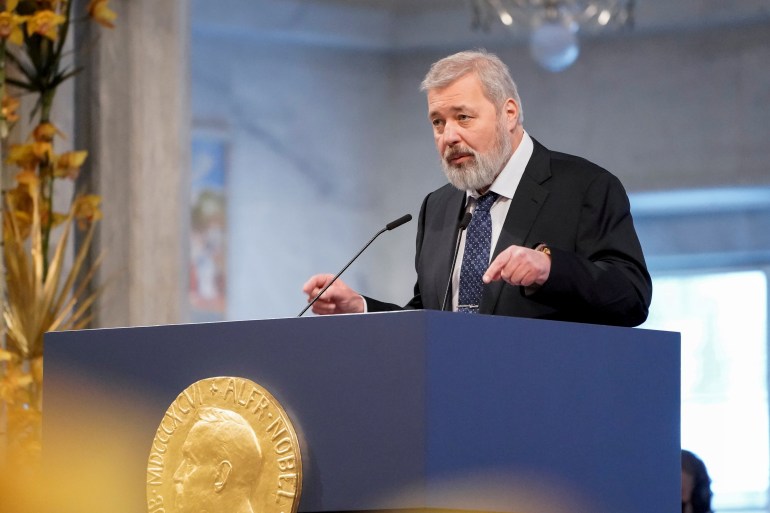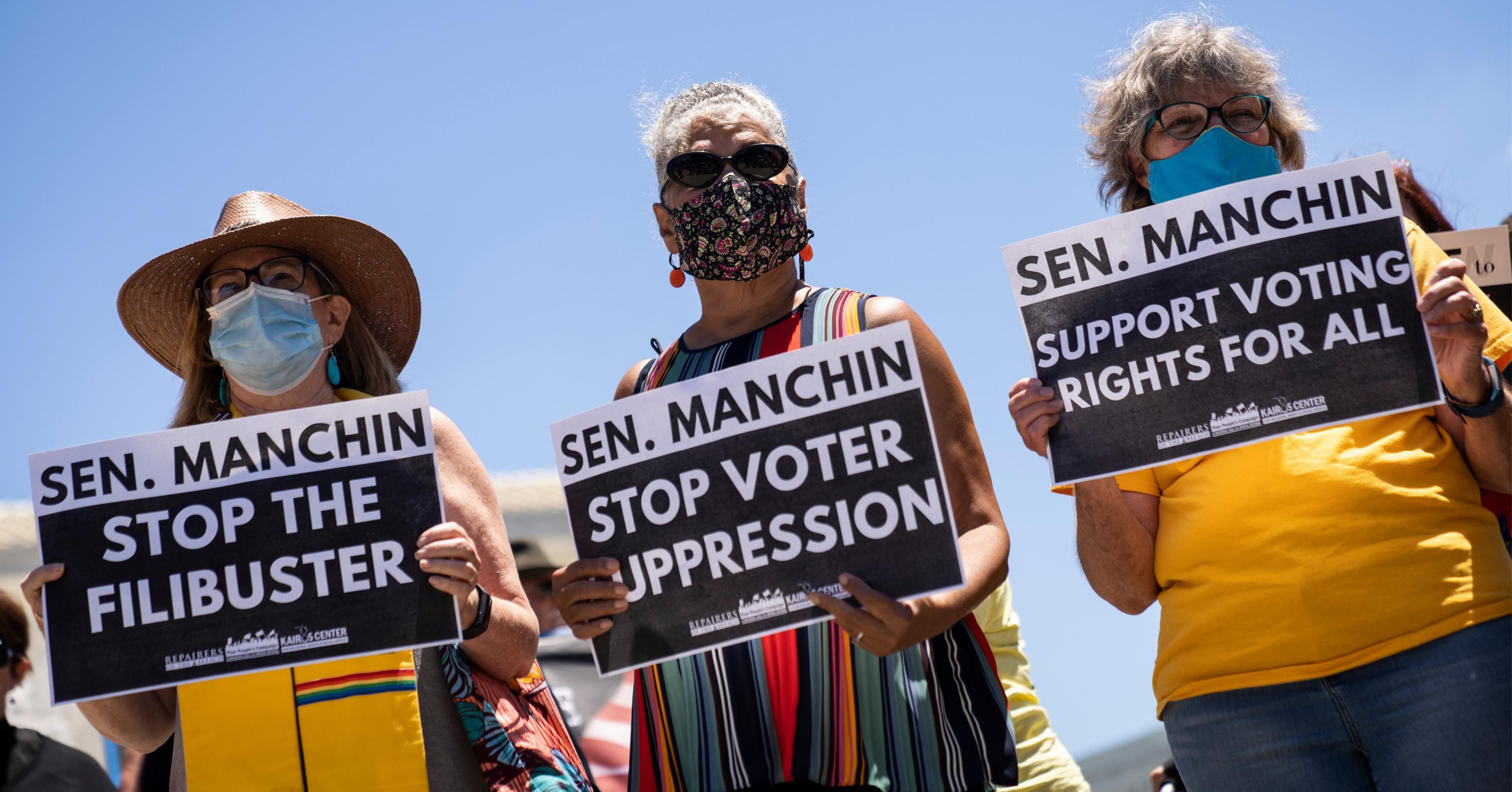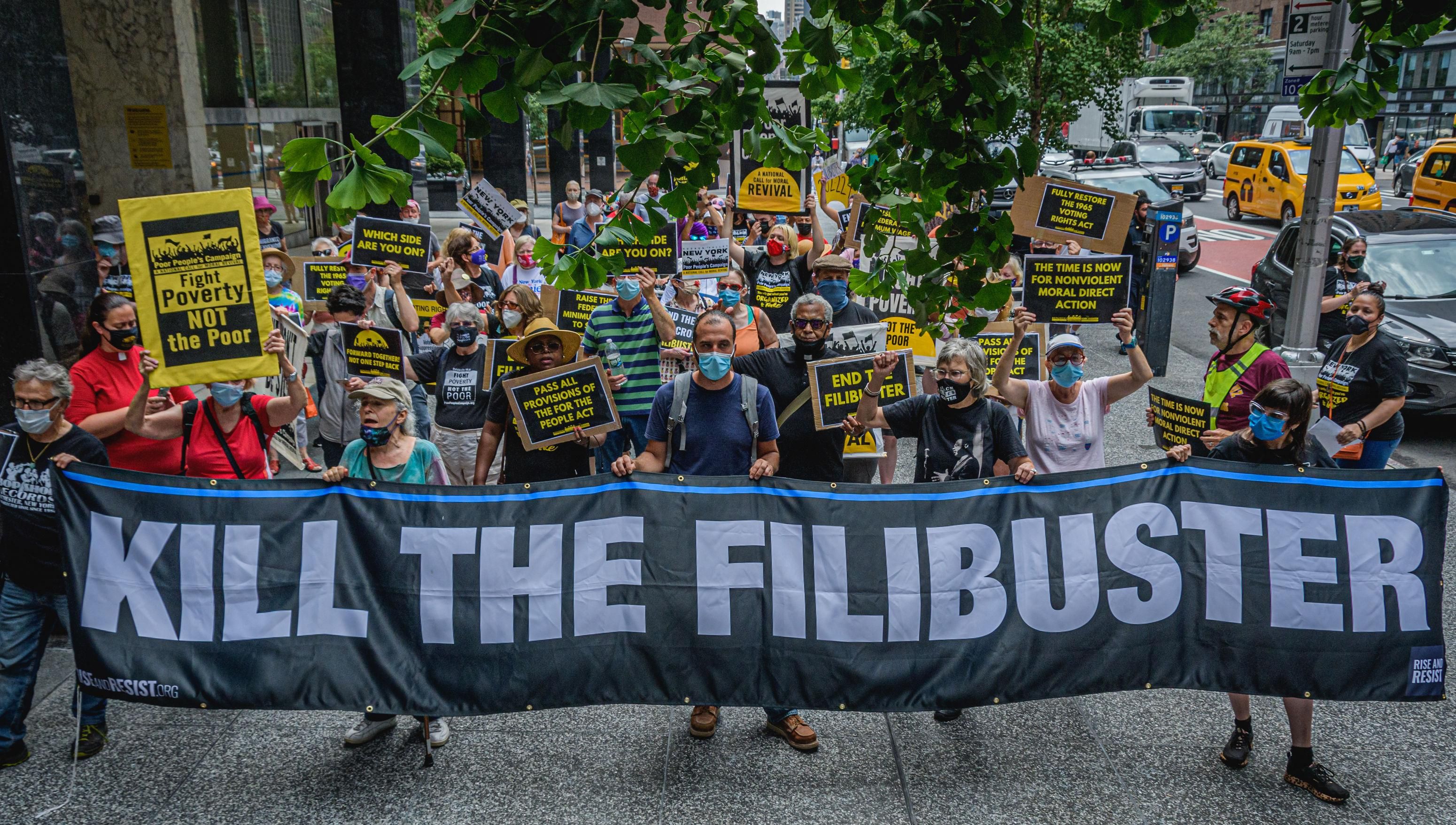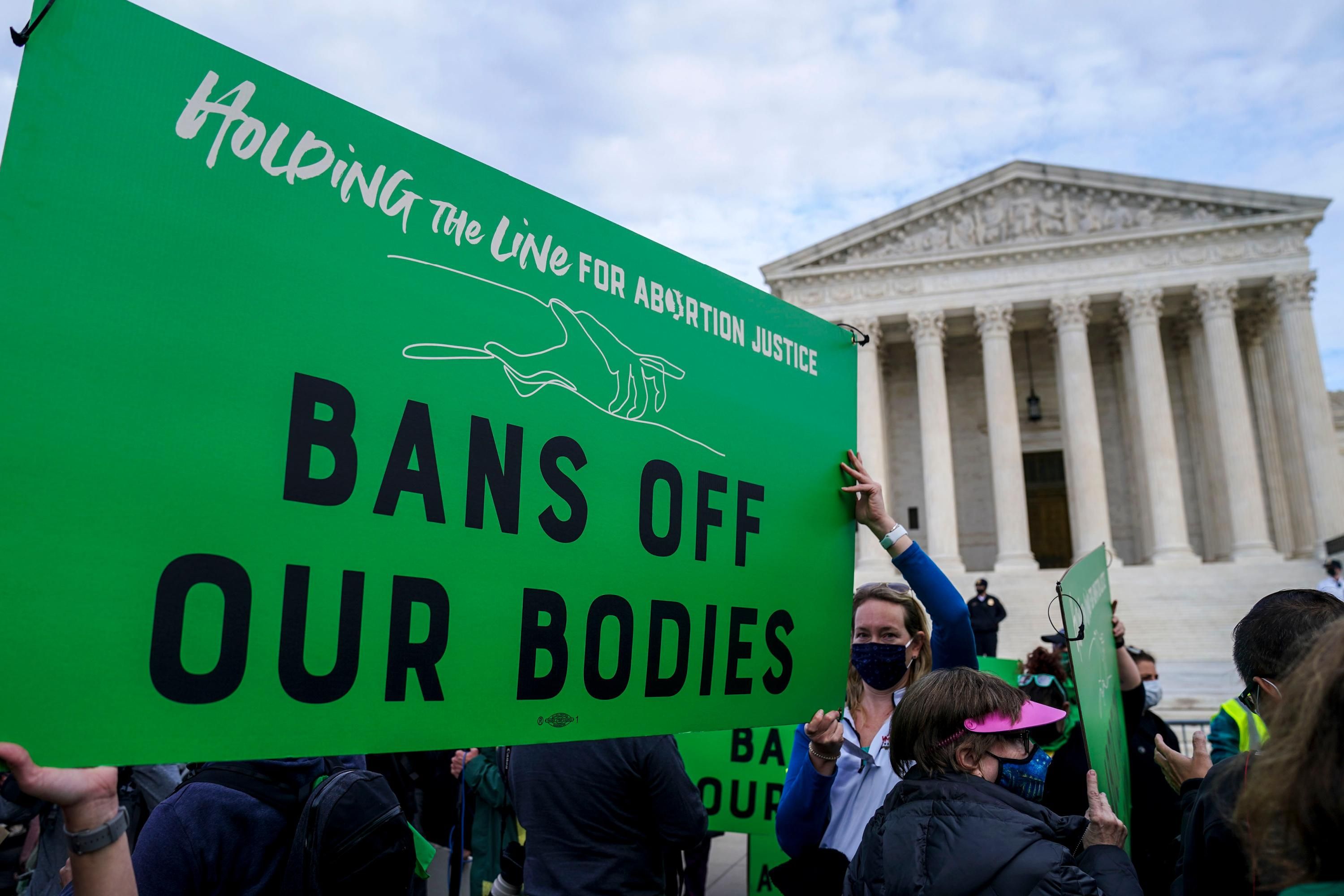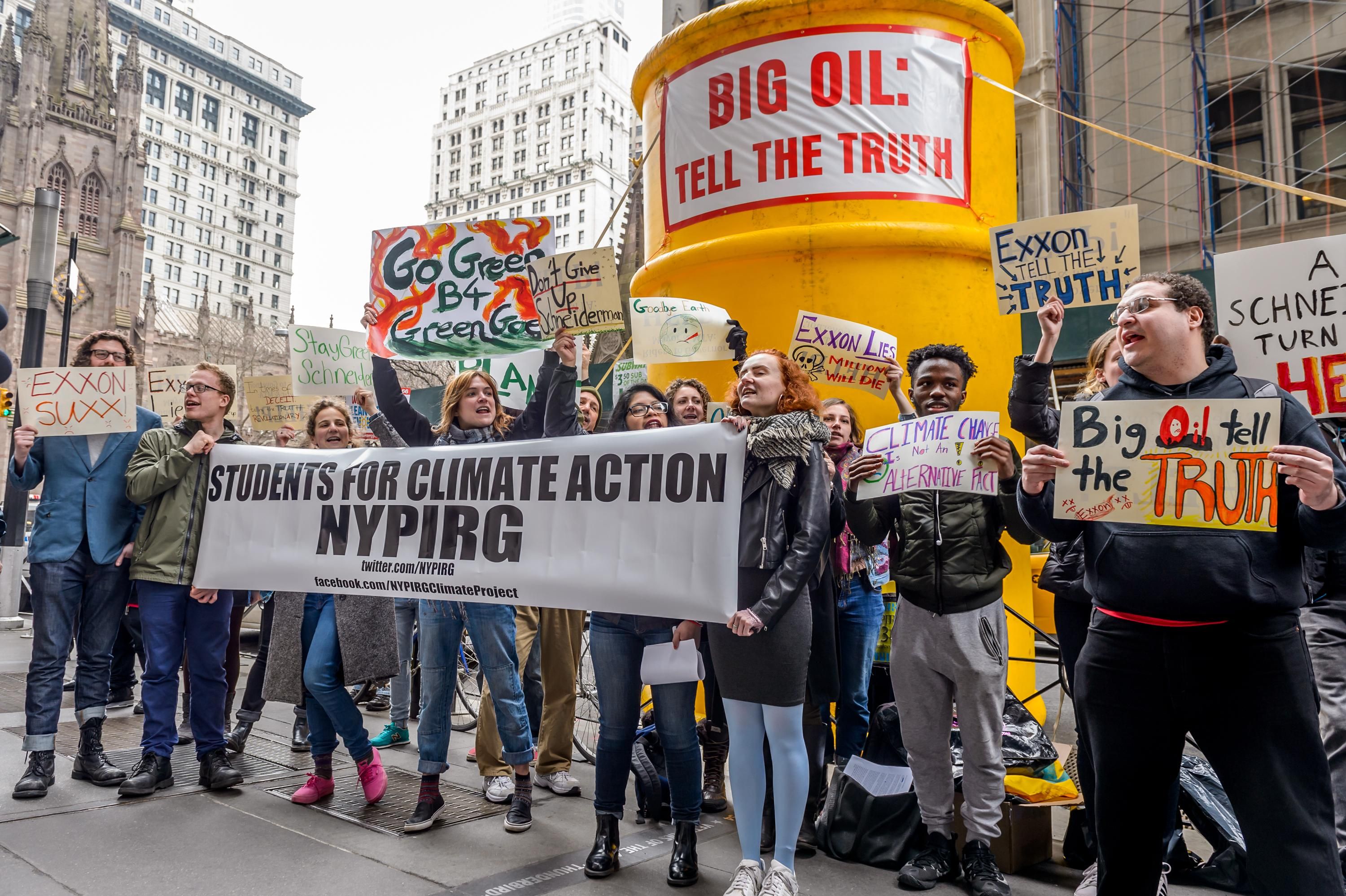Tsadkan Gebre-Tensae: The Tigray general who came in from the cold
AFP , Friday 10 Dec 2021
Sidelined after a decade leading Ethiopia's army, General Tsadkan Gebre-Tensae did not expect to don his uniform after retirement. But when war erupted in Tigray, the renowned military strategist was back, ready to fight the army he had once commanded.

Related
Thirty years earlier in 1991, Tsadkan led the TPLF's march on Addis Ababa, part of a coalition that ousted the autocrat Mengistu Hailemariam.
He then served as the Ethiopian army's chief of staff for a decade, leading troops during the country's bloody border war against Eritrea (1998-2000).
But it is his decision to return to the battle front in his late sixties that may prove most momentous.
"This is a well-to-do (man), who could have lived in luxury anywhere he chooses," said Awet Weldemichael, a Horn of Africa security expert at Queen's University in Canada.
"The fact that he decided to face the gathering storm with his people is honourable."
'Trained on the job'
Born into a peasant family, nothing predisposed Tsadkan for a military career.
But shortly after the TPLF was created in 1975 to advocate for the rights of Tigrayans in multi-ethnic Ethiopia, he abandoned his science studies at Addis Ababa University to join the movement.
"Militarily, he was trained on the job, and he climbed all the levels," Rene Lefort, a historian specialising in Ethiopia, told AFP, underlining "his intelligence, his rigour, his pragmatism".
"He projects a steely calm, he never raises his voice," said Lefort, who has met Tsadkan on several occasions.
After the fall of Mengistu, Tsadkan was put in charge of Ethiopia's military and transformed it, according to Gerard Prunier, an expert on the country.
"He turned it into an army that could have been a Western army. He made reforms focused in particular on recruitment and training," said Prunier, who has known Tsadkan for over two decades.
"For him, an army, it is above all about men."
Tsadkan's army was dominated by Tigrayans, as was the national government -- intensifying discontent among other ethnic groups that would eventually lead to the TPLF's ouster from power.
The army chief's own fortunes took a turn for the worse during the war with Eritrea, when he urged the capture of territory inside the neighbouring country, deepening tensions with then prime minister Meles Zenawi.
Meles dismissed him in 2001 and Tsadkan returned to civilian life after 36 years.
Civilian life
Tsadkan went into business, setting up a brewery and a horticultural company in Tigray. He was also named to the board of several major firms, including Ethiopian Shipping Lines and Lion Bank.
He offered his services as a military consultant to South Sudan's new government and earned a master's degree in international politics at George Washington University in the United States.
In 2019, he was called in from the sidelines to help resolve the increasingly fractious relationship between the TPLF and Prime Minister Abiy Ahmed, whose push to remove TPLF officials from top positions had stoked discontent since his appointment in 2018.
The mediation efforts went nowhere.
"I met with Abiy Ahmed three times... but it became obvious he had no intention to resolve this peacefully," Tsadkan said in an interview on a Tigrayan TV channel in June.
War seemed increasingly inevitable to the military veteran, who quietly packed up his life in Addis Ababa and returned to Tigray's capital Mekele last year.
Repeat strategy
When Abiy deployed federal forces in Tigray in November 2020, a move he said came in response to TPLF attacks on army camps, the rebels retreated to the mountains and the government declared victory.
"The number one doctrine of the TPLF is to never engage in a fight one cannot win," said historian Lefort, explaining that the rebel strategy was to retreat, regroup and eventually recapture lost ground.
Under Tsadkan's leadership, the TPLF recruited and trained new combatants en masse while also welcoming Tigrayan troops who lost their jobs following a purge of the national army.
Seven months later, they made a shock comeback, retaking most of Tigray and rapidly expanding into the neighbouring regions of Amhara and Afar before claiming towns located on a key highway to Addis Ababa at the end of October.
The recent announcements of territorial advances by Abiy's government have opened a new, uncertain phase in the 13-month war, with Tsadkan once again expected to play a key role in his country's trajectory.
"They are following the same strategy they have always done," said Lefort.
"What they did in 1991 inspires what they are trying to do in 2021."



